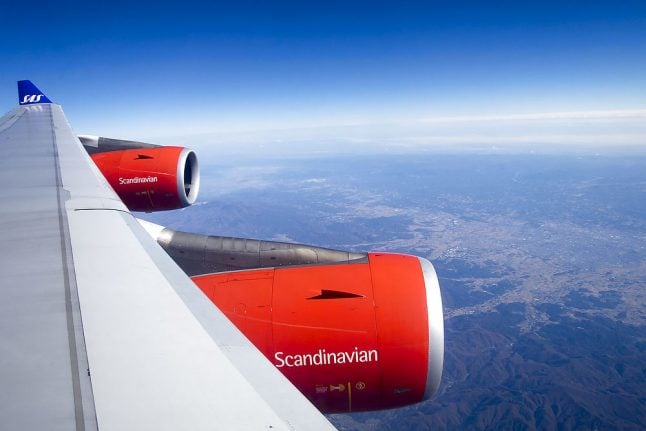Scandinavian airline SAS suspended flights to China on January 31st due to fears that the novel coronavirus could spread outside of the Asian country.
“With the reopening of the route, SAS is aiming to meet demand for business travel and air freight services between Scandinavia and China,” the company said in a statement.
Due to ongoing uncertainty regarding restrictions and potential changes in travel advice, SAS is offering travellers the option to change a planned journey or ticket for a SAS Travel Voucher up to 16 days prior to departure. This applies to all international travel until January 15th.
READ ALSO: SAS airline vows to refund passengers after criticism from Swedish consumer agency
While the January 31st suspension applied to direct flights to both Shanghai and Beijing, the service to the Chinese capital is still awaiting approval and is not expected to resume until the end of October.
SAS stockholders earlier this week approved a rescue package providing billions of kroner in relief to the airline, which is struggling due to the economic impact of the pandemic.
The package, worth 8.5 million Danish kroner, is primarily funded by the Danish and Swedish states.
At the time of writing, SAS is currently operating services to 75 destinations. Prior to the pandemic, the airline served around 125 destinations from Oslo, Stockholm and Copenhagen.
August 2020 saw 74 percent fewer passengers on SAS flights compared to the same month in 2019.



 Please whitelist us to continue reading.
Please whitelist us to continue reading.
Member comments